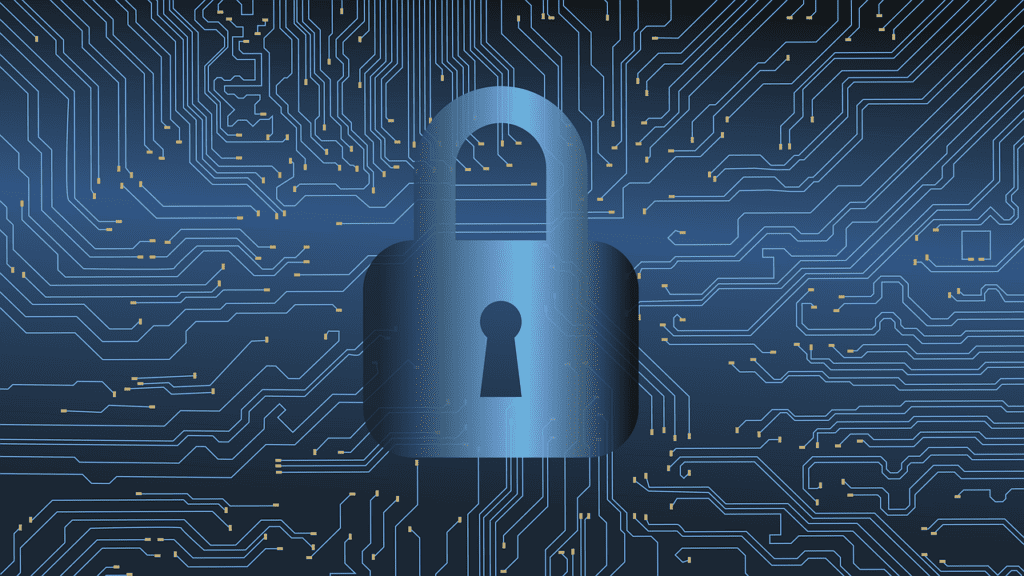Businesses have moved into the digital world, and that means they must keep themselves safe from virtual intrusions. When it comes to protecting against the constant threat of cybercriminals, one of the best options comes in the form of firewalls.
Read on as we get into the intricacies of firewall protection, giving businesses everything they need to know about why businesses need one, what they protect against, and how they can help your business.
Preserving Confidentiality and Privacy
In the vast expanse of the internet, data is both currency and a vulnerability. Your business likely handles sensitive information, from customer details to proprietary data. A firewall acts as a digital protector, safeguarding this invaluable information from prying eyes and potential cyber threats. By meticulously filtering incoming and outgoing traffic, firewalls ensure that your business retains control over who accesses its digital assets.
Shielding Against Cyber Threats
The digital realm is teeming with cyber threats—malware, viruses, phishing, ransomware, and cybercriminals seeking unauthorized access. A firewall acts as an impenetrable barrier, shielding your business from these potential hazards. By inspecting files and code for known malicious signatures, firewalls thwart the entry of cyber assailants, preserving the integrity of your network.
Safeguarding Business Continuity
Imagine a scenario where your business operations grind to a halt due to a cyberattack. The repercussions could be severe, ranging from financial losses to reputational damage. No one trusts a business that has been hacked before and could barely defend itself, after all! Firewalls help in averting such crises by preventing unauthorized access and neutralizing threats. This not only protects your business’s digital continuity but also ensures uninterrupted services for your clients and customers.
Meeting Compliance Requirements
In an era where data protection regulations are becoming increasingly stringent, compliance is not just a checkbox—it’s a business imperative. Firewalls contribute to your business’ compliance efforts by implementing strong cybersecurity measures. Whether it’s safeguarding customer data or ensuring secure financial transactions, firewalls help your business meet regulatory requirements, fostering trust and credibility.
What Firewalls Protect From
Now that we’ve delved into how firewalls can help businesses, let’s explore the wide array of threats they work to shield your business from. Some you’ve likely heard of before, while others are a little more complex:
Malware and Viruses
The digital world is rife with malicious software and viruses seeking to infiltrate vulnerable systems. Firewalls act as an impenetrable barrier, preventing these cyber pathogens from entering your network. By inspecting files and code for known malware signatures, firewalls thwart the first line of attack.
Unauthorized Access
Picture your network as a heavily guarded vault, and unauthorized access attempts as sneaky burglars trying to crack the combination. Firewalls thwart these intruders by scrutinizing incoming connection requests and blocking any that don’t align with established cybersecurity policies. This not only safeguards sensitive information but also protects against unauthorized system modifications. Firewalls can also be updated so that the cybersecurity policies catch any newer, more sneaky burglars as well.
Denial-of-Service (DoS) Attacks
A Denial-of-Service (DoS) attack is akin to overwhelming a city’s infrastructure to the point of collapse. Firewalls are the first responders in this scenario, identifying and mitigating the onslaught of traffic that could cripple your network’s functionality. By distinguishing between legitimate and malicious traffic, firewalls ensure that your digital city remains operational even in the face of a cyber onslaught.
Content Filtering
Businesses must maintain a productive and secure digital environment. Firewalls contribute to this by implementing content filtering, which blocks access to websites or content deemed inappropriate or harmful. This not only protects your network from potential cybersecurity threats but also ensures that employees stay focused on their tasks.
Beyond the Basics
While understanding how firewalls work and what they protect against is a good starting point, a comprehensive approach to cybersecurity involves considering additional factors:
Regular Updates and Patching
Remember how we mentioned before that protocols and other parts of firewalls can be updated? This is because cyber threats are always evolving and finding new ways around your defenses, so the defenses need to be prepared and updated to still be able to stop them. Regularly updating and patching your firewall and operating system software ensures that it stays ahead of the curve in identifying and neutralizing emerging threats. Think of it as giving your digital guardian a fresh set of armor to face the ever-changing landscape of cyber warfare.
Cybersecurity Awareness Training
A firewall is only as effective as the people managing it. Educating your employees about cybersecurity best practices empowers them to be the first line of defense. From recognizing phishing emails to understanding the importance of strong passwords, a well-informed workforce complements the protective capabilities of your firewall. Catching cyberattacks, such as phishing, before they can even do any damage is another way to keep your business safe, and this can only be done if your employees know what to keep an eye out for.
Monitoring and Incident Response
While firewalls excel at preventing cyber threats, no system is entirely infallible. Implementing monitoring tools and creating incident response plans helps make sure that any breaches are detected and addressed promptly. Think of it this way: it’s better to have a plan in place and have nothing happen than for something to happen with no plan to deal with it ready. A timely response can be the difference between a minor hiccup and a full-scale data breach.
Ready to Gain the Protection Your Business Needs?
A firewall is not merely a piece of software; it’s a guardian of your digital realm. By understanding why your business needs a firewall, you’re not just investing in cybersecurity—you’re investing in the resilience and longevity of your digital enterprise. With continuous vigilance, employee education, and proactive measures to stay one step ahead of cybercriminals, firewalls can help you create an impenetrable fortress that secures your data and ensures the longevity of your digital presence.
At CMIT Solutions, we are committed to helping organizations with their cybersecurity by providing such services as firewalls, email security, cybersecurity awareness training, continuous vulnerability scanning, penetration testing, and more. Contact us today to protect your business from cybersecurity threats together.





